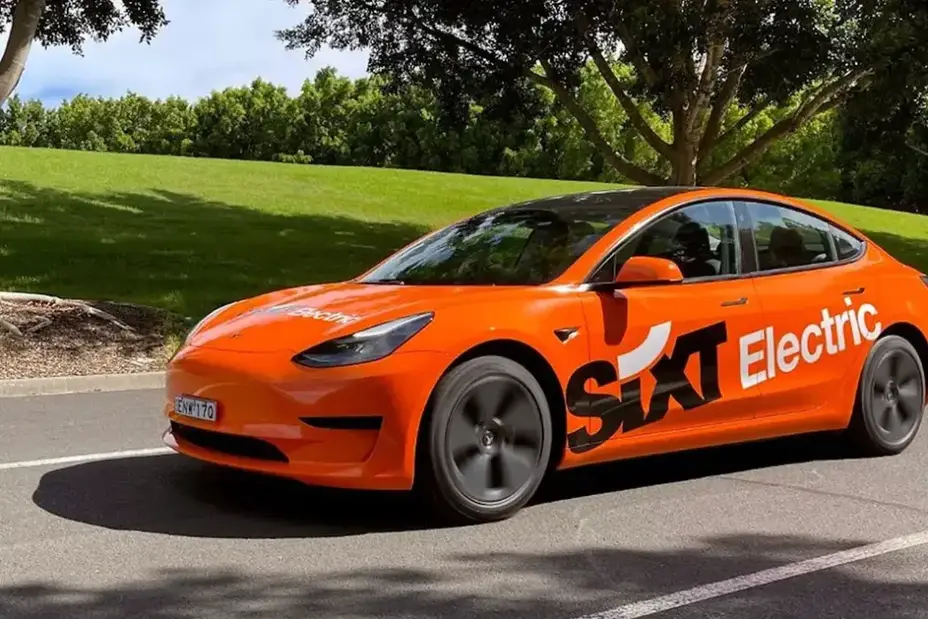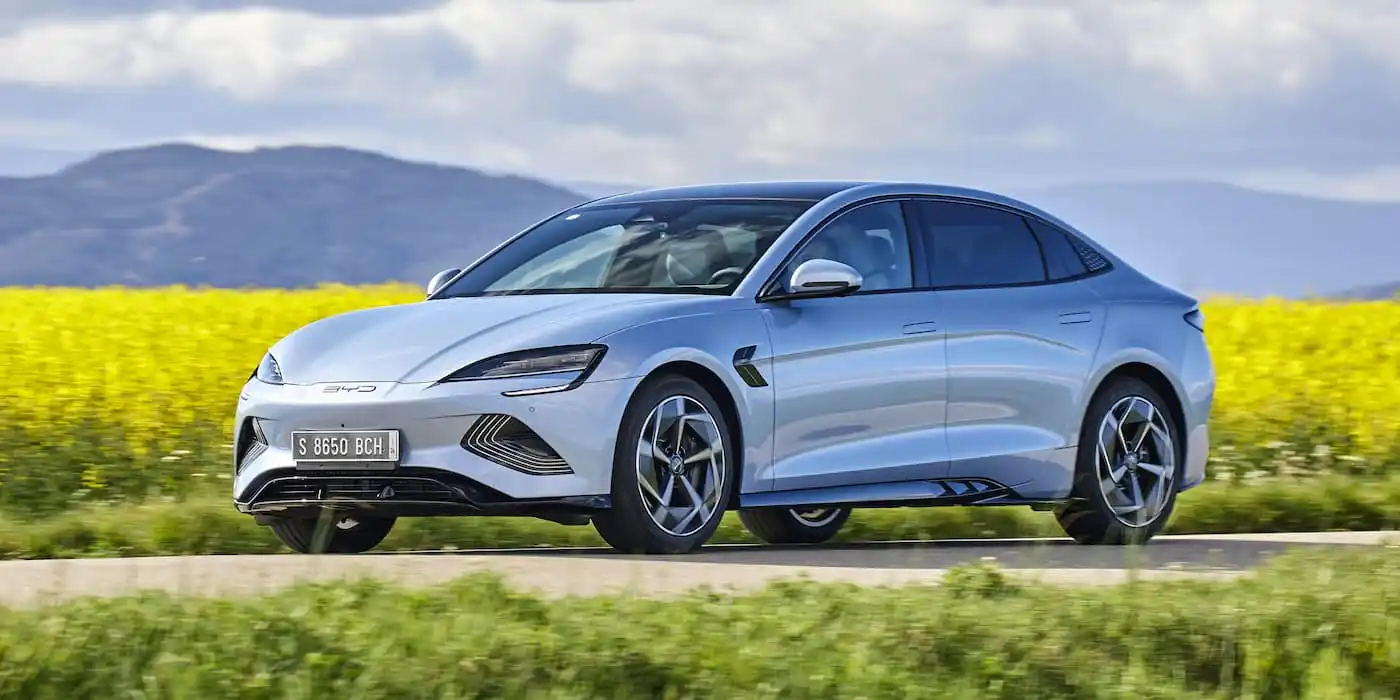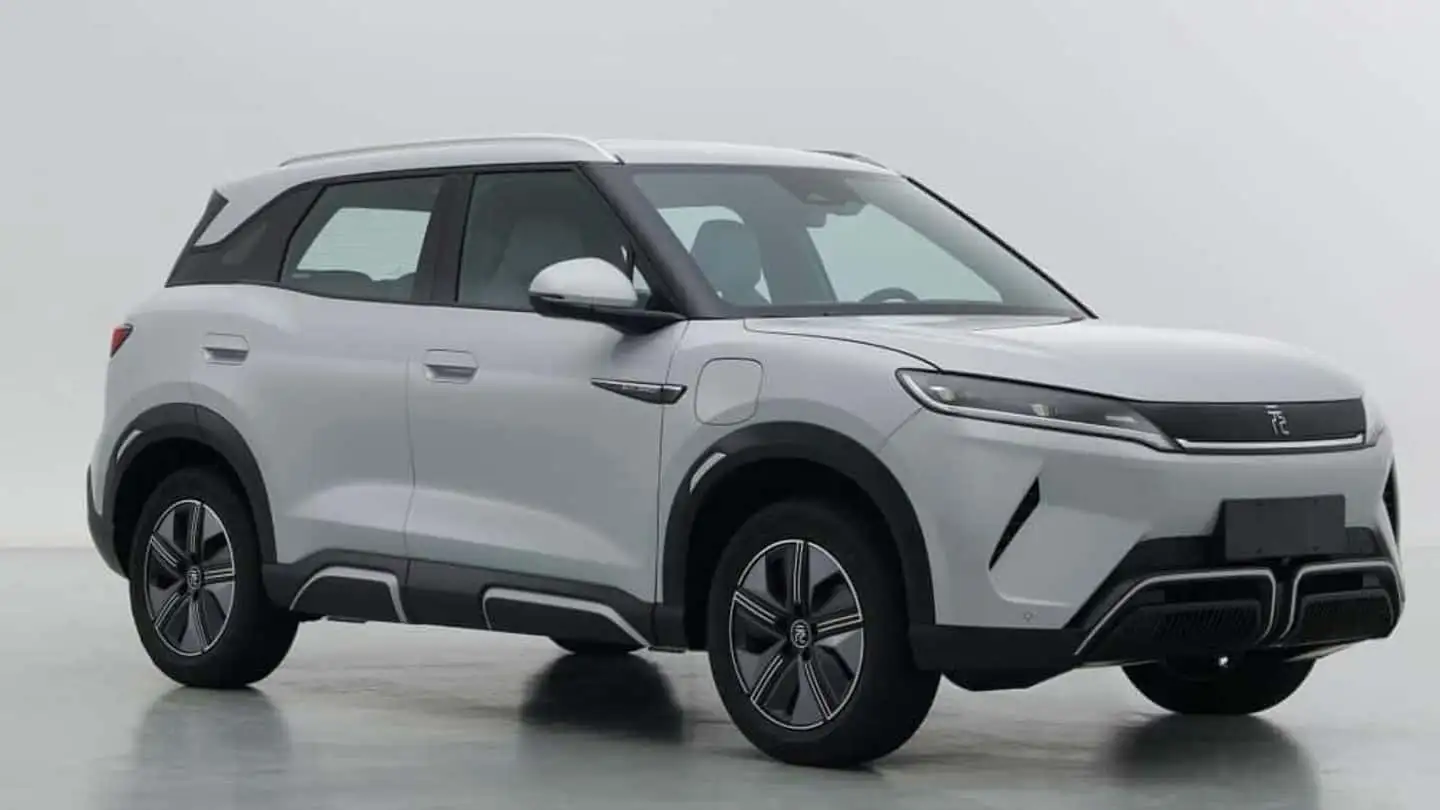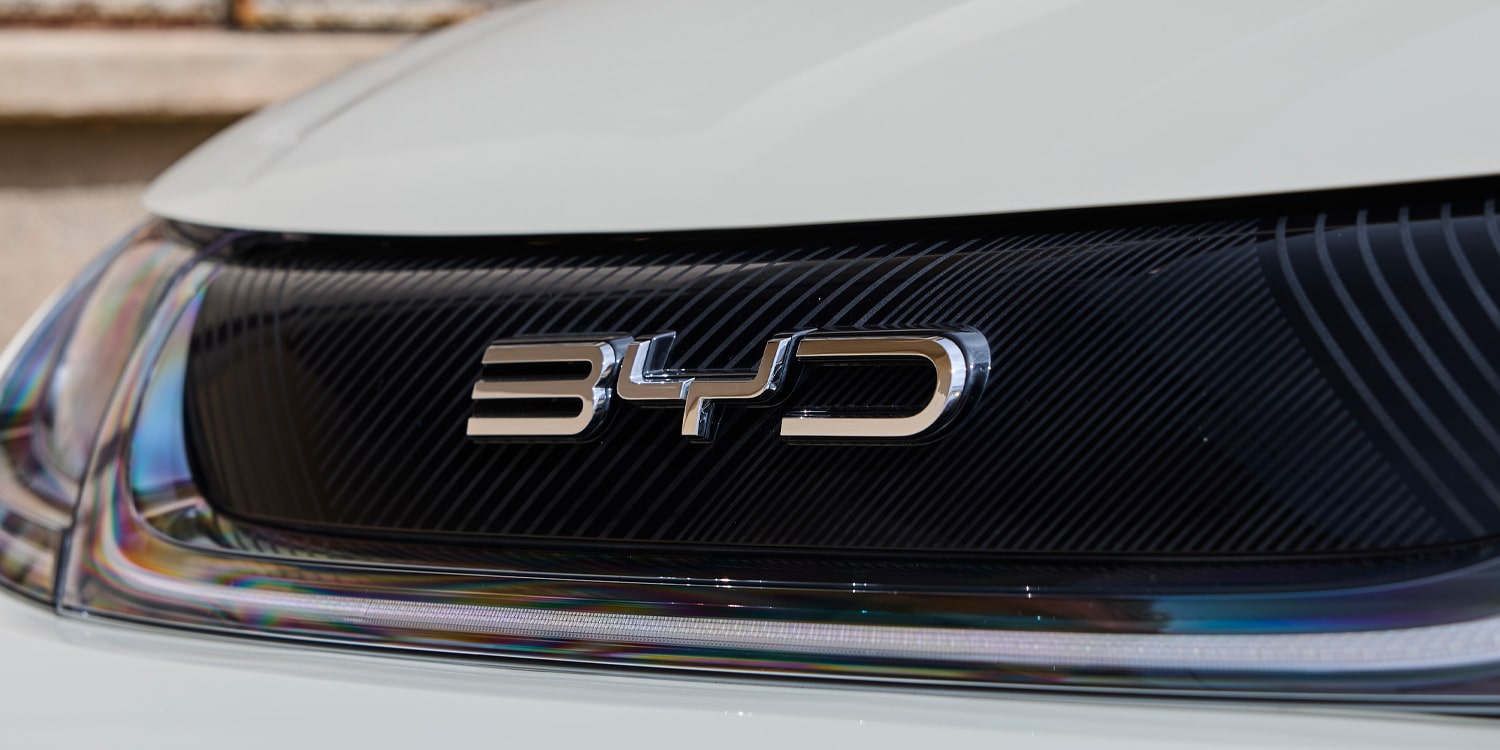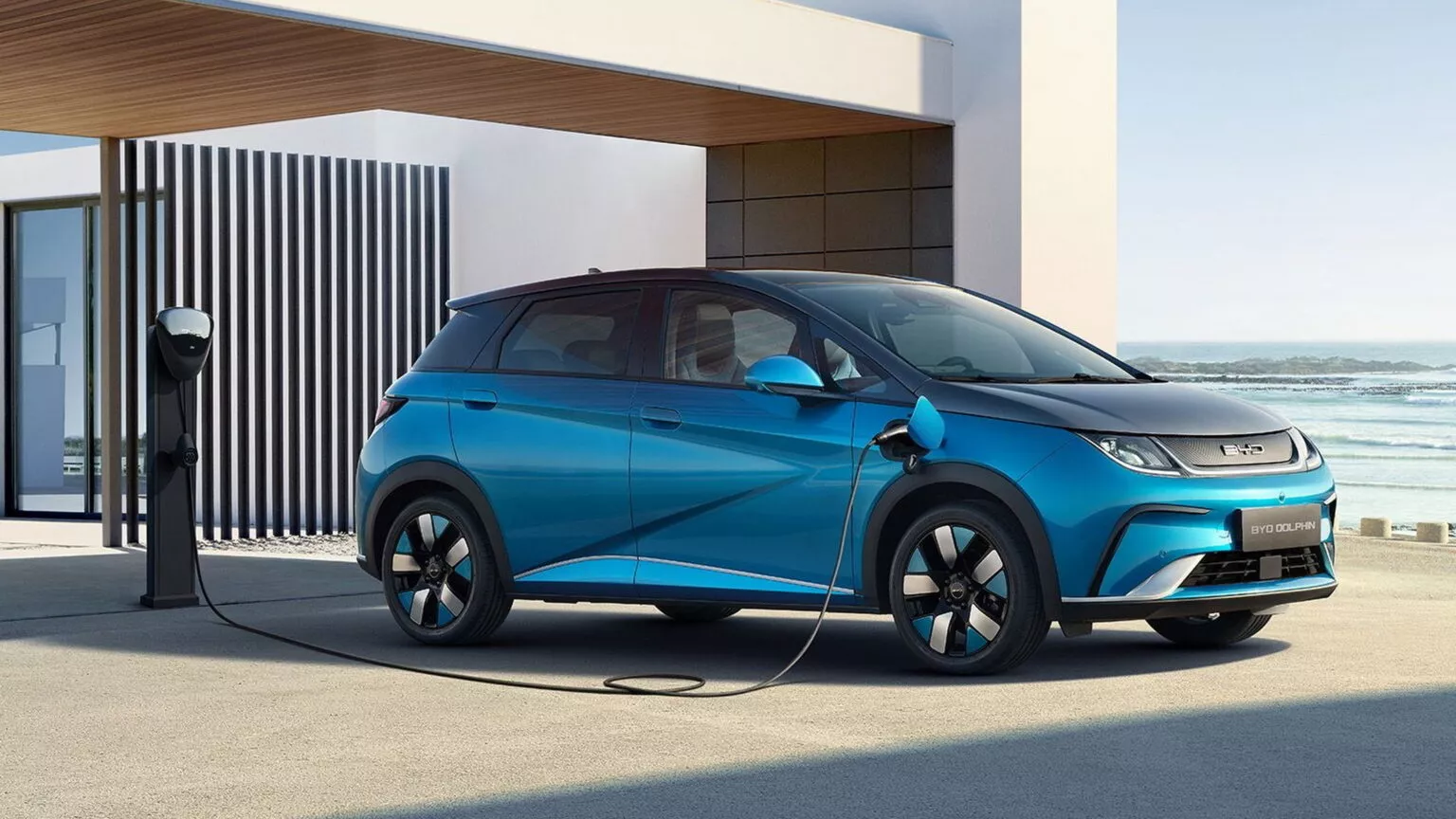German car rental giant Sixt has announced its decision to gradually remove Tesla electric vehicles (EVs) from its rental fleet, citing Tesla’s aggressive price reductions and high repair expenses as key factors. According to a report by Bloomberg, Sixt is communicating this strategy shift to customers through email, highlighting poor resale values and increased repair costs for EVs compared to traditional combustion-powered models. The email underscores “significantly higher holding costs for Tesla vehicles,” prompting the company to cease the addition of more Tesla vehicles to its fleet.
Despite this move, a spokesperson for Sixt emphasized the company’s ongoing commitment to electric vehicles, revealing plans to electrify up to 90% of its European rental fleet by the end of the decade. Notably, Sixt recently entered a deal to acquire approximately 100,000 BYD vehicles by 2028, with an initial rollout planned in Germany, France, the Netherlands, and the UK.
This decision aligns with Sixt’s broader strategy to transition half of its 16,000-unit nationwide rental fleet to electric vehicles “in the coming years.” In Australia, Sixt has already procured at least 500 BYD Atto 3s for its fleet, aiming to establish the largest and most diverse electric vehicle rental fleet in the country.
Sixt joins Hertz in reevaluating its approach to Tesla EVs, as Hertz also slowed down its electrification rollout due to lower-than-expected margins in the third quarter of the year. Hertz cited high repair costs as a significant challenge, noting that collision and damage repairs on EVs can be approximately twice as expensive as those on comparable combustion engine vehicles.

